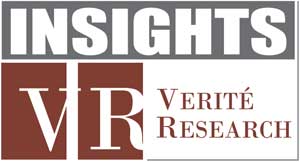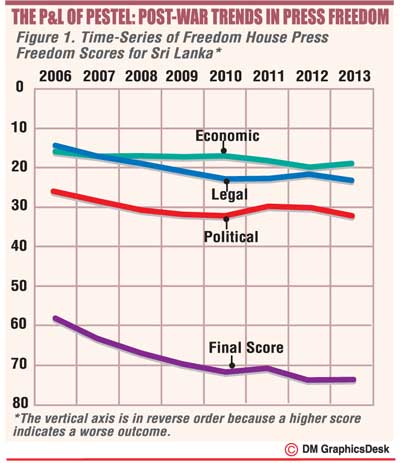18 Sep 2013 - {{hitsCtrl.values.hits}}
 Is media and press freedom a matter of economics? The answer is a resounding yes. But it may be important to explain why. There are at least three reasons. We can describe them as indicative, instrumental and integral.
Is media and press freedom a matter of economics? The answer is a resounding yes. But it may be important to explain why. There are at least three reasons. We can describe them as indicative, instrumental and integral. ‘Press Freedom’ Index (PFI) for 197 countries. Scores range from 0 (best) to 100 (worst). Rating is based on 23 methodological questions, divided into three sub-categories that deal with the ‘legal’, ‘political’ and ‘economic’ environments within which press reportage takes places (The P. E. and L. of PESTEL).
‘Press Freedom’ Index (PFI) for 197 countries. Scores range from 0 (best) to 100 (worst). Rating is based on 23 methodological questions, divided into three sub-categories that deal with the ‘legal’, ‘political’ and ‘economic’ environments within which press reportage takes places (The P. E. and L. of PESTEL).
26 Nov 2024 11 minute ago
26 Nov 2024 24 minute ago
26 Nov 2024 1 hours ago
26 Nov 2024 2 hours ago
26 Nov 2024 2 hours ago